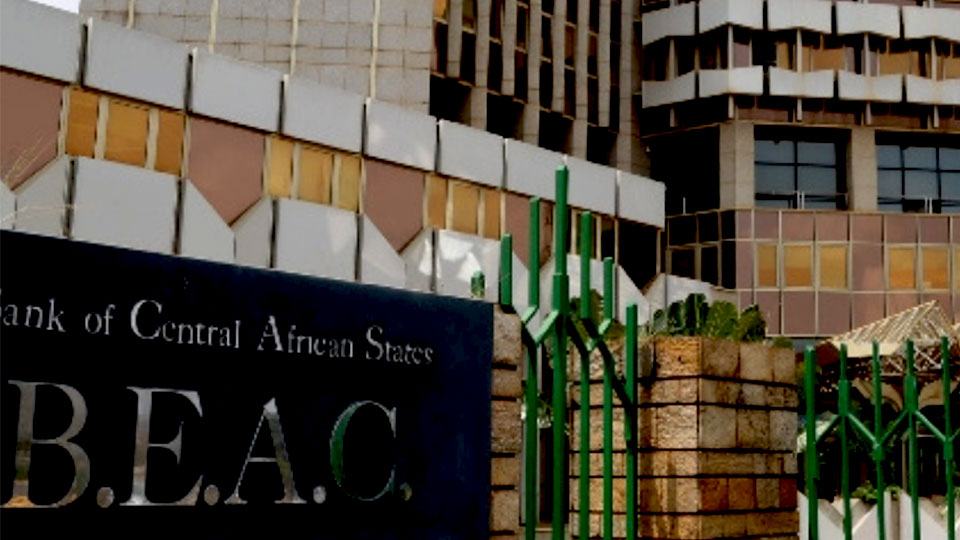This Client Alert analyses the latest commodity price data released by the Bank of Central African States (BEAC), highlighting impacts on regulatory frameworks, investment activity, and cross-border trade within the CEMAC region.
Executive Summary
BEAC’s Q3 (July-August-September) 2025 data reveals continued declines in the Composite Commodity Price Index, though the rate of decrease has moderated.
Energy and mining sectors show tentative stabilisation, while sharp corrections in key agricultural exports—particularly cocoa—pose immediate fiscal challenges and compel strategic review by member states.
These developments are expected to accelerate regulatory reforms and prompt reassessment of existing contracts and investment arrangements.
1. Macroeconomic Backdrop: Managing Persistent Fiscal Pressures
Global commodity market volatility continues to strain emerging economies. BEAC’s data indicates a 4.7% export price index decline for Q3 2025, following a 9% drop in Q2.
This persistent trend underscores the CEMAC region’s exposure to external price shocks, reinforcing the need for fiscal diversification and robust legal structures to manage sovereign risk.
2. Sectoral Developments and Legal Interfaces
Energy Markets: Price Fluctuations and Transition
Crude oil prices posted a modest 2.3% quarterly uptick, averaging USD 67.5/barrel, providing limited fiscal respite to oil-dependent member states such as Cameroon, Gabon, and Congo. Conversely, natural gas prices dropped by 5%, underlining continued market volatility.
These developments warrant a strategic review of Production Sharing Contracts (PSCs), Cost Recovery Terms, and Price Volatility Clauses. Long-term, investment structures will increasingly need to align with the global energy transition, prioritising gas infrastructure and ESG-compliant initiatives.
Agricultural Commodities: Contractual Resilience Amid Volatility
Agricultural exports faced strong headwinds, with cocoa prices down 13.9% and coffee 8.9%. This reversal from recent highs points to the cyclical nature of commodity markets, raising the importance of robust supply contracts and price stabilisation mechanisms.
Parties should review Force Majeure, Price Reopener, and Hardship Clauses, while governments are likely to prioritise domestic value-add strategies and adjust export regulations accordingly.
Mining & Metals: Renewed Investment Prospects
The mining sector showed resilience, with aluminium, iron, and gold prices rising by 4.8% to 7.0%. This positive trend may rekindle investor interest, although successful project execution will depend on demonstrated compliance with ESG Standards, Local Content Requirements, and Transparency Initiatives.
Negotiating stability agreements and mining conventions will face increased scrutiny from both regulators and civil society.
3. Special Focus: The Cocoa Price Correction
After historic highs earlier in 2025, cocoa prices sharply reversed in Q3 amid production rebounds across West and Central Africa.
Key implications:
- Contractual Disputes: Possible disputes under legacy high-price contracts.
- Government Policy: Swift adjustments to farmgate prices, affecting producer incomes and export levies.
- Supply Chain Due Diligence: Greater emphasis on compliance with EU-style deforestation standards impacting market access.
4. Legal and Regulatory Outlook
We expect CEMAC member states to initiate or expedite a range of regulatory responses, including:
- Revisions to tax codes and stabilization fund mechanisms to address revenue volatility.
- Stricter enforcement of foreign exchange and customs regulations to protect fiscal reserves.
- Updates to investment codes, encouraging value addition and resilience in line with AfCFTA priorities.
5. Considerations for Market Stakeholders
Investors/Operators: Review current projects and financing agreements for exposure to price volatility. Proactively engage with governments on possible fiscal adjustments.
Traders/Off-takers: Assess counterparty health and ensure comprehensive risk-mitigation clauses are in force.
Financial Institutions: Strengthen due diligence, focusing on ESG and political risk profiles.
This publication is for general information only and does not constitute legal advice. The views expressed are those of the authors and do not necessarily reflect the views of the firm or its clients. For tailored advice, please contact our Africa Practice or your usual firm representative.
This Client Alert is provided for informational purposes only and does not constitute legal advice. Legal advice should be sought for specific situations.
For further information regarding the contents of this Client Alert, please contact us via [email protected]
Energy, Infrastructure & Resources | International Trade
About Us: We advise and assist investors and multinational corporations on cross-border trade, energy, and regulatory matters throughout CEMAC and the African continent.






